jewish burial customs timing
The casket is lowered into the ground. This was in accordance with Jewish burial customs.
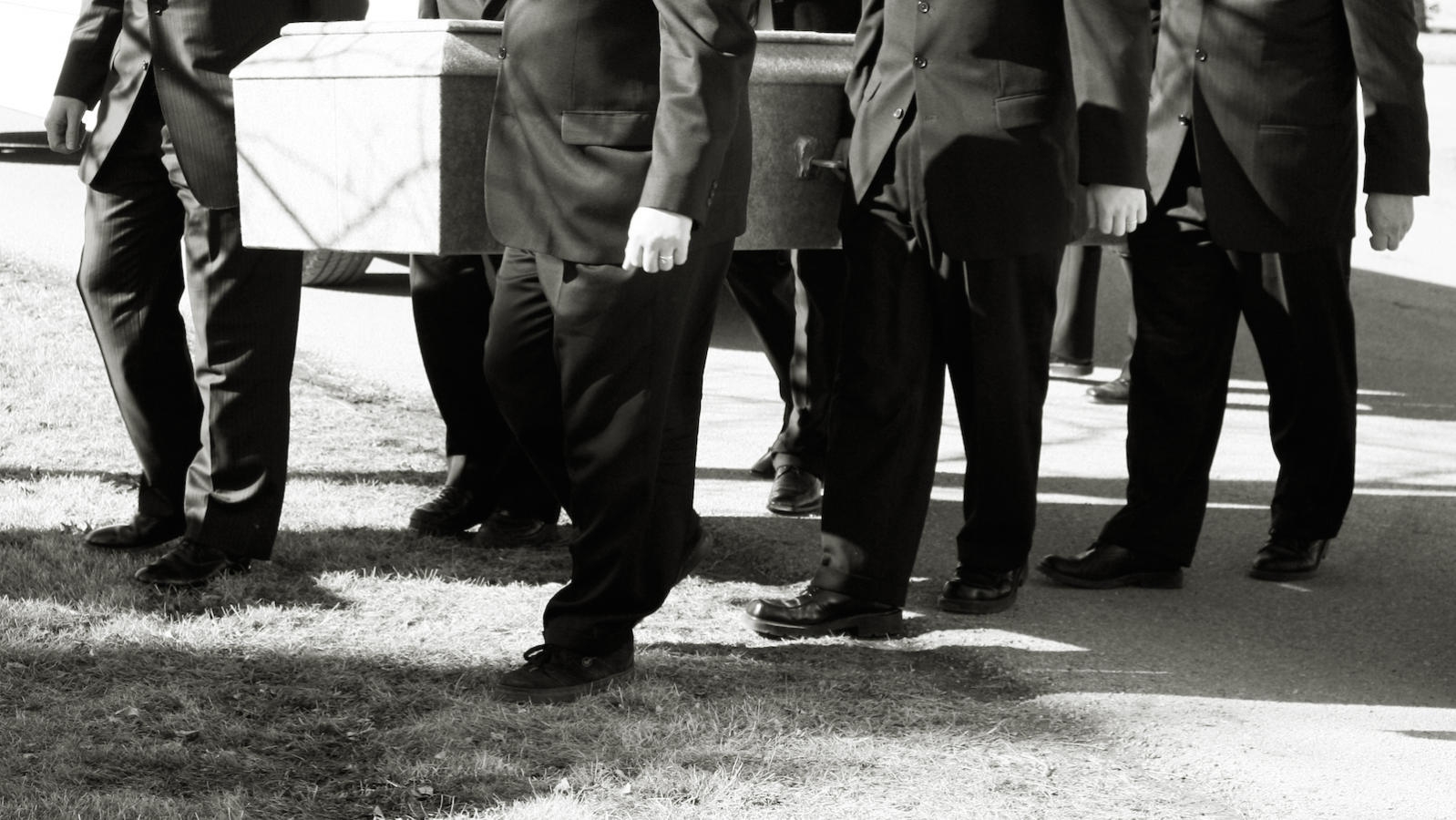
How To Plan A Jewish Funeral My Jewish Learning
In Judaism the practice of unveiling is a relatively recent phenomenon.
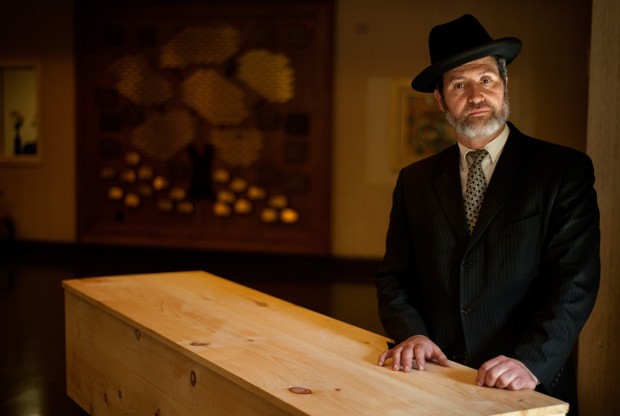
. A jewish funeral ceremony is called a ceremony is. The Requirement of Prompt Burial Under Jewish practice the body should be buried as soon as possible and preferably within 24 hours if at all possible. Because Jewish burial laws require that the body be allowed to become a part of the earth as soon as possible caskets are often drilled with holes to speed up decomposition.
According to the traditional Jewish calendar a burial usually takes place within 24 hours of death of the holder. His body should not remain all night. Because it is considered disrespectful to leave a body unburied this is considered to be one of the most important ways to honor a loved one who has died.
In the past it was customary for Jewish headstones to include a ceremony when they were placed at the burial site. The clergy may offer a reading and say words of comfort and consolation. According to the Jewish Encyclopedia this custom stems from the Mosaic Law which ordered that any person hung from a tree or cross as a form of execution should be taken down and buried within a day after death.
Matthew 2759 Mark 1546 and Luke 2353 describe Jesus body being wrapped in linen cloth not in a linen cloth John 1940 is much more specific describing strips of linen cloth not a single sheet as is the Shroud of Turin in accordance with Jewish burial customs. The kaddish the traditional mourners prayer is recited. Shiva seven days from the Hebrew word for seven.
Funerals are prohibited on the Sabbath therefore its allowable to wait until Sunday. Other reasons for delay would be if close relatives must travel from abroad and it will take more than 24 hours. However this is not always possible.
Traditionally a Jewish burial is supposed to take place within 24 hours of death. At this location there are many 1st century tombs which have also been cut out of the rocks. However it took place immediately after the death during the burial ceremony.
Shloshim 30 days starting from the day of burial. To perform a proper tahara obtain shrouds arrange for a burial plot gather family etc. One very important tomb located here is the Tomb of Annas.
This is believed to be the tomb of the priest who was mentioned in the Gospel of John one. Its not a good idea for his body to stay up all night long. 1 Time of Burial The Hebrews buried their dead immediately no later than a day after the person passed away.
Traditionally burial takes place as soon as possible-within 24 hours. If the passing occurred in the morning one should try to ensure that the deceased is prepared for burial and buried before dusk of the same day. Jewish burial timing encourages families to complete the burial as soon as possible.
Tomb of Annas PhotoBiblical Archaeology Society Just south of Jerusalem is a place called Akeldama. Yud Bais Chodesh 12 months for a parent. A mourner in this period is known as an onen.
Begins day of burial. Jewish Funerals and Burial. Jewish law requires the body be allowed to return to the earth as soon as possible.
Yud Bais Yiddish or Yud Bet Hebrew means 12. Burial should take place as soon after death as possible. If not the same or next day as described variously in the Hebrew Bible then at most a few days later and only to allow close relatives to gather to pay their respects.
Jewish law therefore demands that we bury the deceased within 24 hours following death. Here are a few common jewish burial customs and jewish death rituals. Jewish Funeral Guide covers Jewish attitude to death Jewish funeral rituals observance of the Shivah שבעה the seven day period of mourning as well as observance of the 30-day and 12-month mourning periods that follow the Shiva visiting Jewish cemeteries Mourners Kaddish קדיש יתום the Yahrzeit יארצייט.
The burial can take place on any day other than holidays and the Sabbath. They usually take place within twenty four hours of death or the soonest possible. Jewish Burial Customs As Jewish law prevented a crucified person from hanging on the cross during a Sabbath a dead body had to be removed and buried before days end.
This is not always possible and given the fact that many modern Jewish families are spread out around the country it usually becomes necessary to wait a day or two until all of the mourners can arrive. Jews bury their deceased as close to the time of death as possible though consideration is given to allow out-of-town relatives and friends to attend. Followed strictly by the Torah a powerful Jewish scripture stating The same day he shall be buried.
When death occurs there are many Jewish traditions customs and rituals that individuals use as a guide and follow relating to the caring and preparation of the body pre-burial the actual burial and service at the cemetery along with the weeklong mourning period or shiva that followsMost notably Judaisms structured period of mourning which contains various stages. If this is not possible the burial should take place on the following day. Aninut generally the day when the news is heard.
As mentioned Jewish law mandates that the burial should take place within 24 hours after death. Jewish burial timing encourages families to complete the burial as soon as possible. In some occasions there will be a small wait of a day or two to honor the deceased by waiting for an overseas family member.
Ideally the placement of the casket in the ground should happen within 24 hours after death. In America many Jewish communities limit the delay to three days at most. A jewish funeral usually occurs within 24 hours after the death.
The religious concept underlying this law is that man made in the image of God should be accorded the deepest respect. Based on Jewish laws traditions and customs a Jewish funeral usually takes place within one day following the date of death and these are solemn and reflective services followed by a gathering at the mourners home which marks the beginning of shiva. The Preparation of the Body.
This is done in accordance with the Torah sacred Jewish scripture which says You shall bury him the same day. Jewish funerals cannot take place on Shabbat or on most Jewish holidays. Recently American Jews in particular adopted the custom of unveiling the.
Jewish funeral traditions are different than other religions. So as the Sabbath drew near the Roman guards considered breaking the legs of Jesus and the two thieves hanging next to him to hasten their deaths. Timing of the service.
The first seven days following the funeral is known as shiva and the.
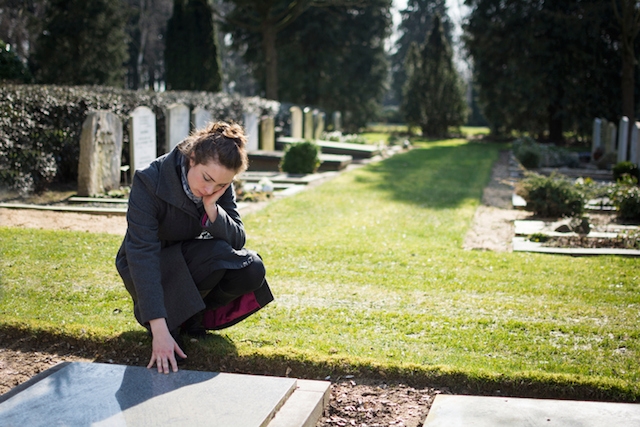
Timeline Of Jewish Mourning My Jewish Learning

How Long Is A Funeral Length Of Different Types Lovetoknow

Jewish Funeral Traditions 15 Important Things You Need To Know
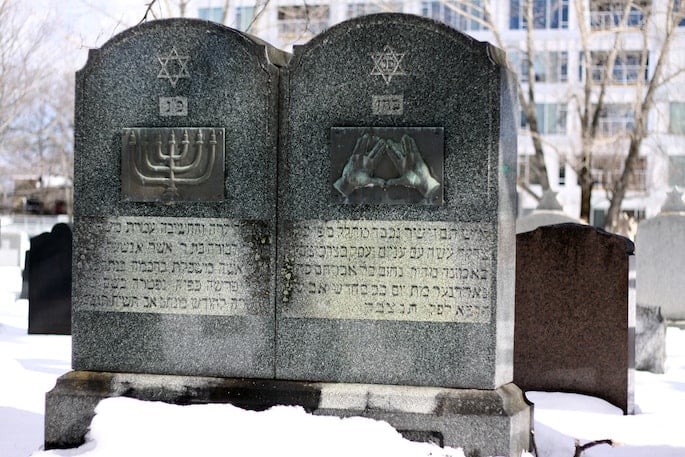
Cemetery Grave And Tombstone In Judaism Death Mourning
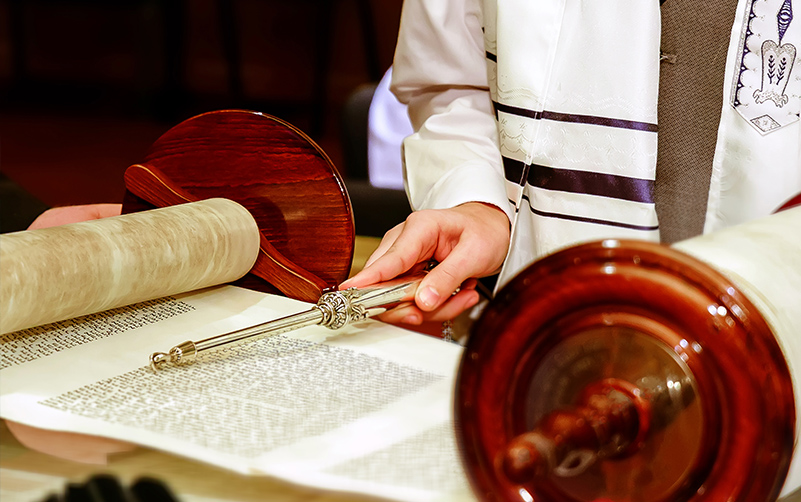
Jewish Funeral Customs Funeral Partners
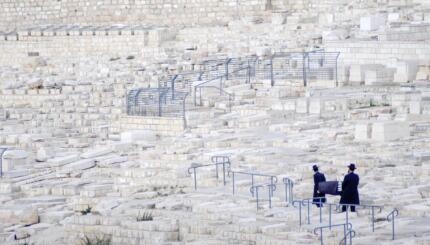
Timeline Of Jewish Mourning My Jewish Learning
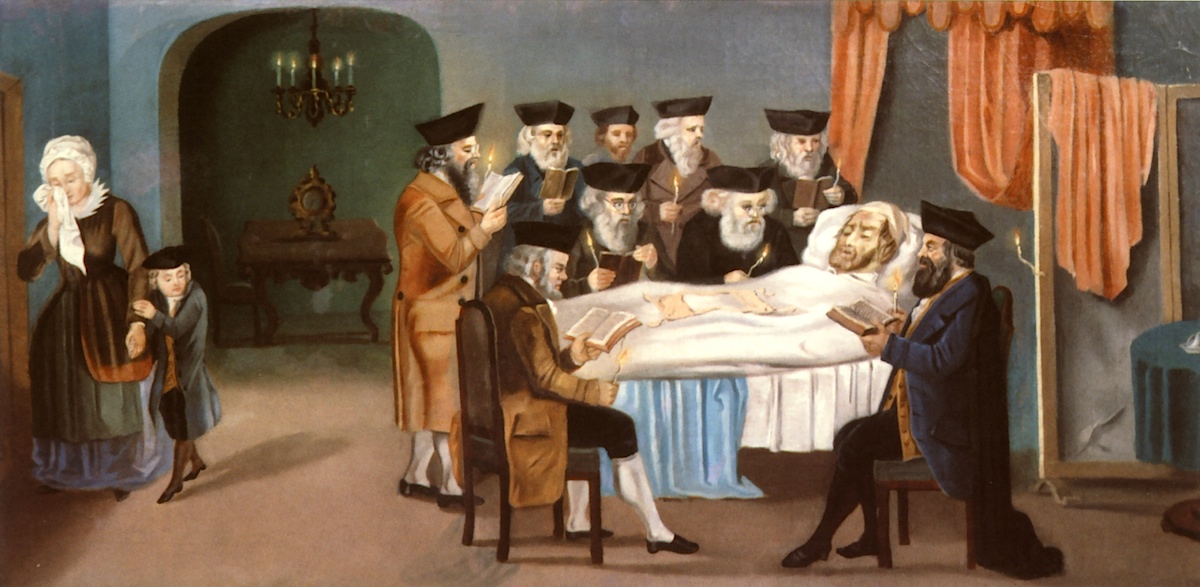
Jewish Traditions For Death Burial And Mourning Rohatyn Jewish Heritage

Death Mourning Temple Israel Of Northern Westchester
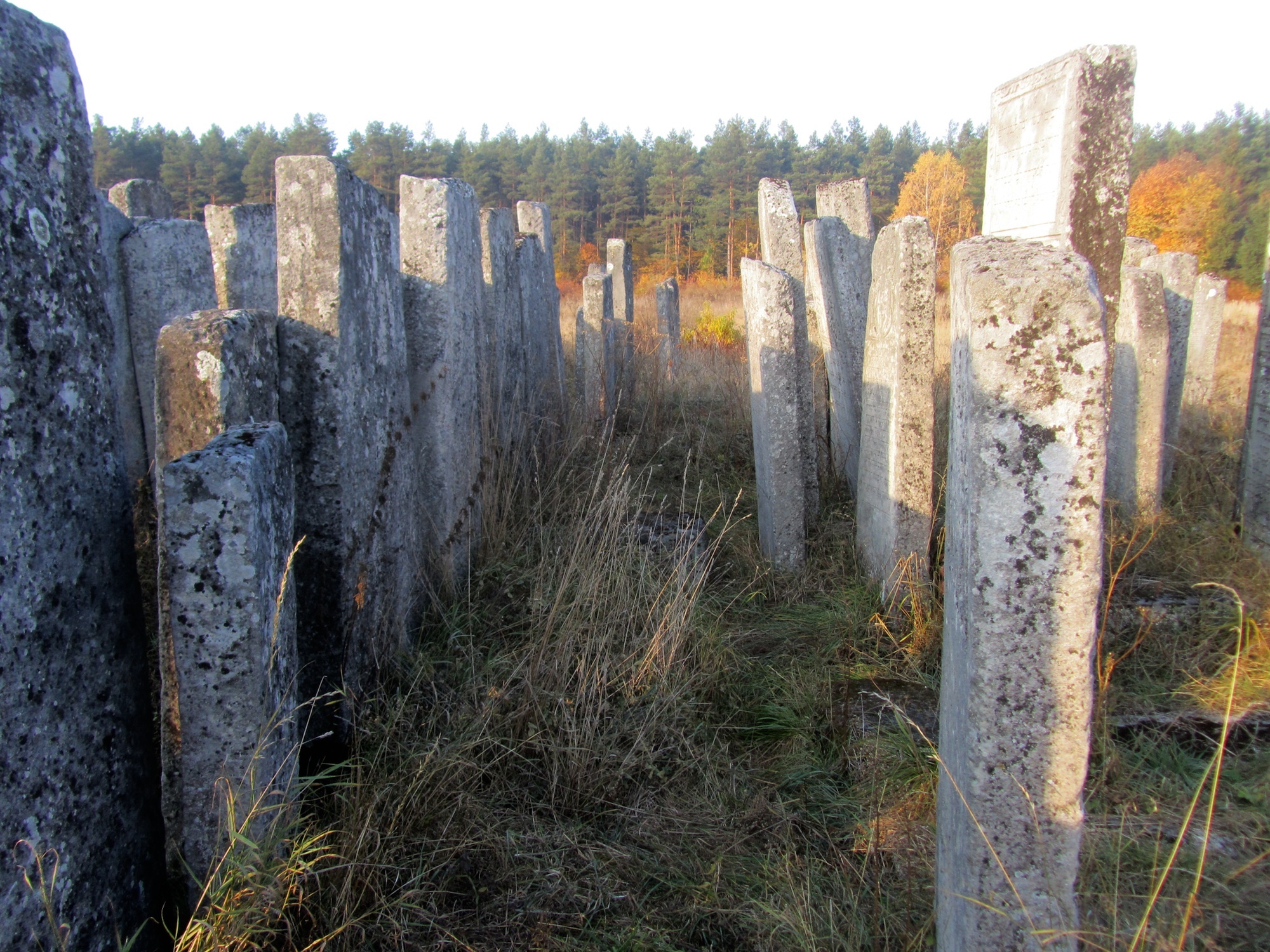
Jewish Traditions For Death Burial And Mourning Rohatyn Jewish Heritage
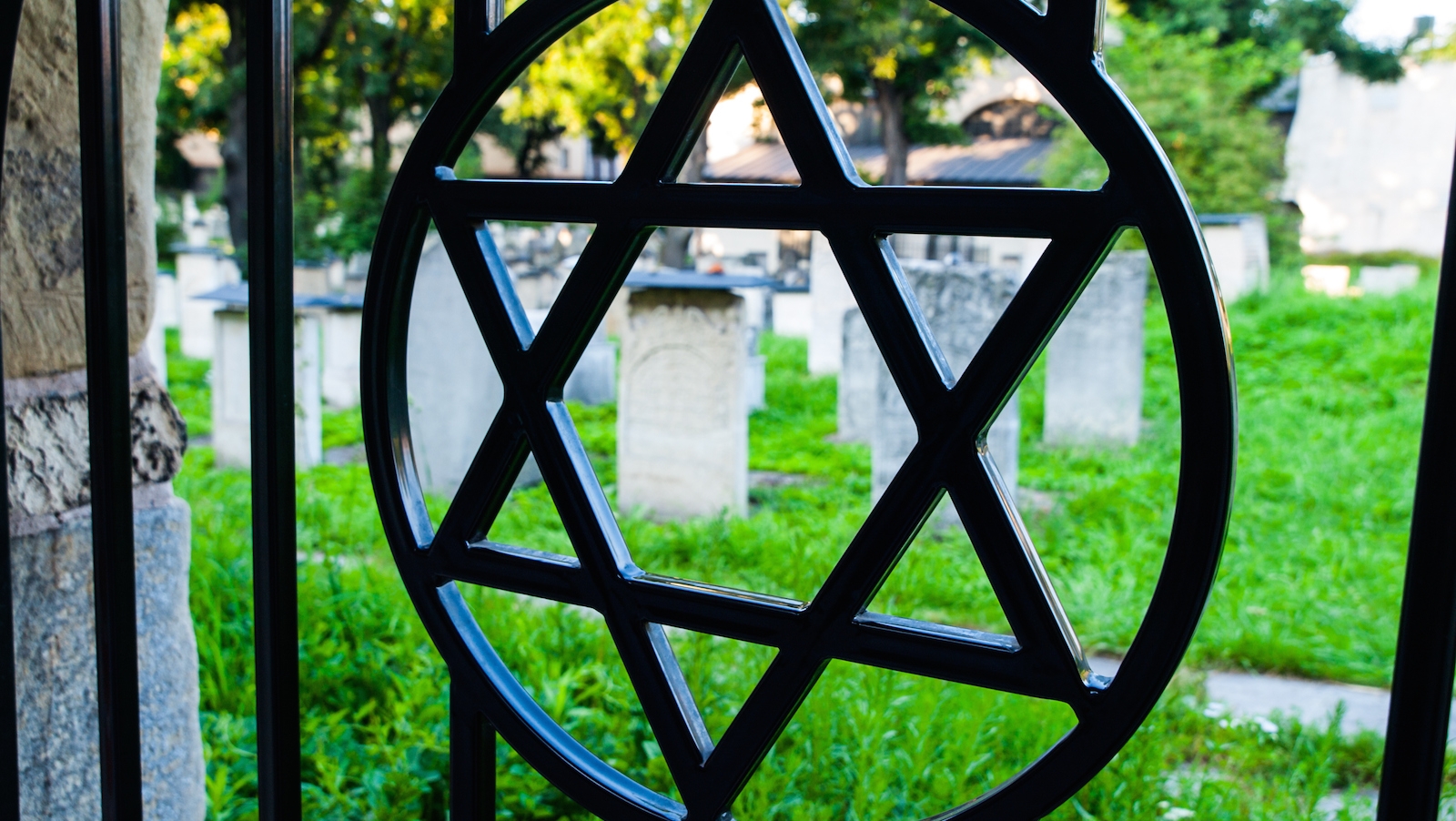
Timeline Of Jewish Mourning My Jewish Learning

Beit Olam Cemetery Danforth Jewish Circle
Rules On Funerals Burials And Cremation In Washington State Trusted Caskets

Jewish Traditions For Death Burial And Mourning Rohatyn Jewish Heritage

Respect For Dignity Of The Dead Is Hallmark Of Jewish Funerals Bevis Funeral Home
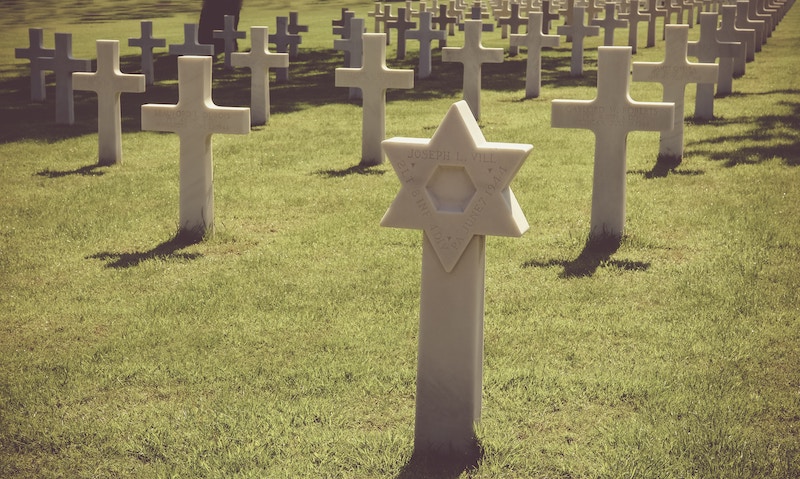
Headstone Unveiling In Jewish Mourning A Guide Cake Blog

That The World May Know Burial Practices

Jewish Traditions For Death Burial And Mourning Rohatyn Jewish Heritage

Resurrection Of Jesus Free First Fruits Guide Shavuot Feasts Of The Lord Feast
